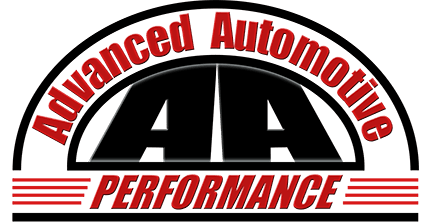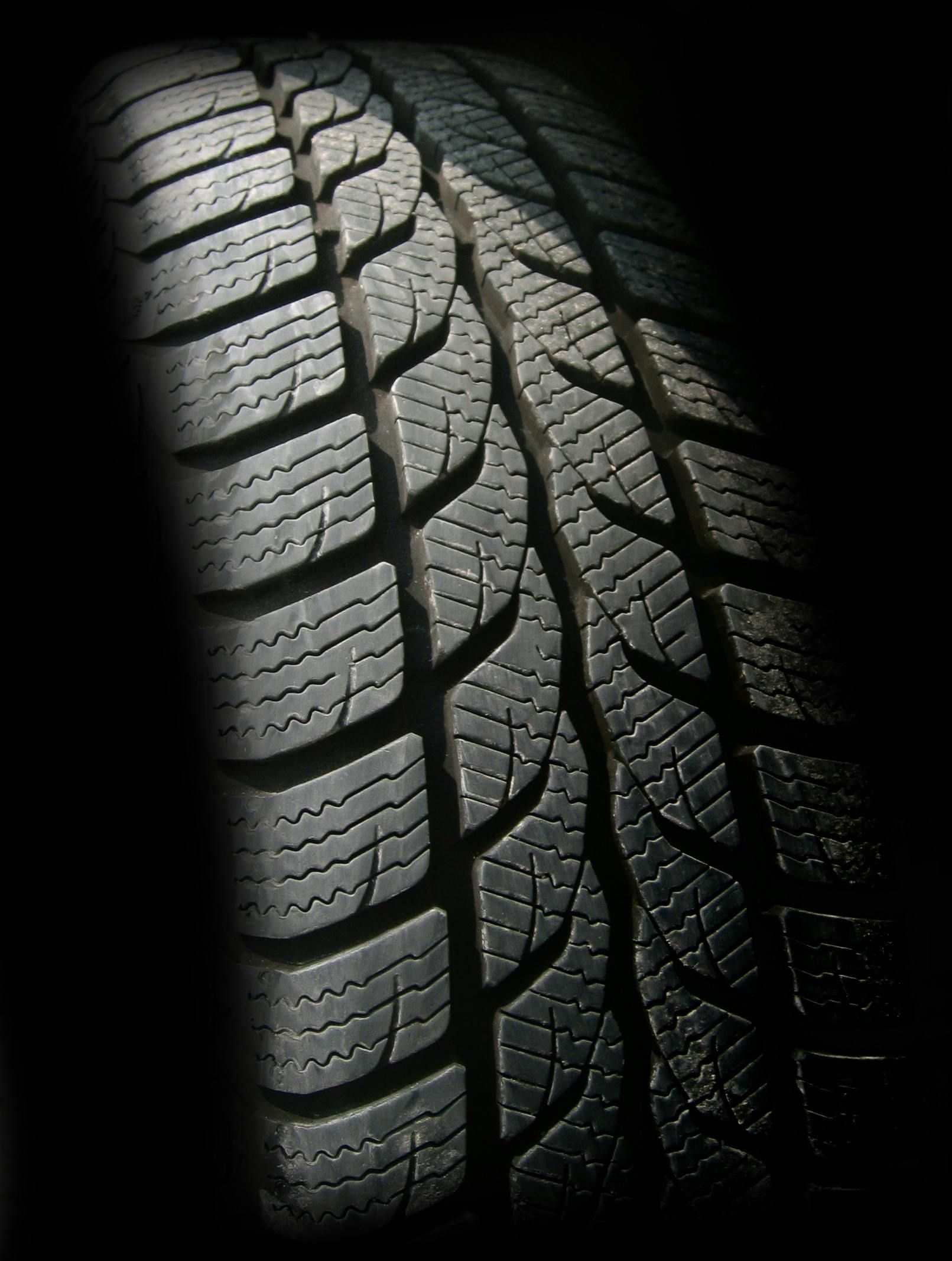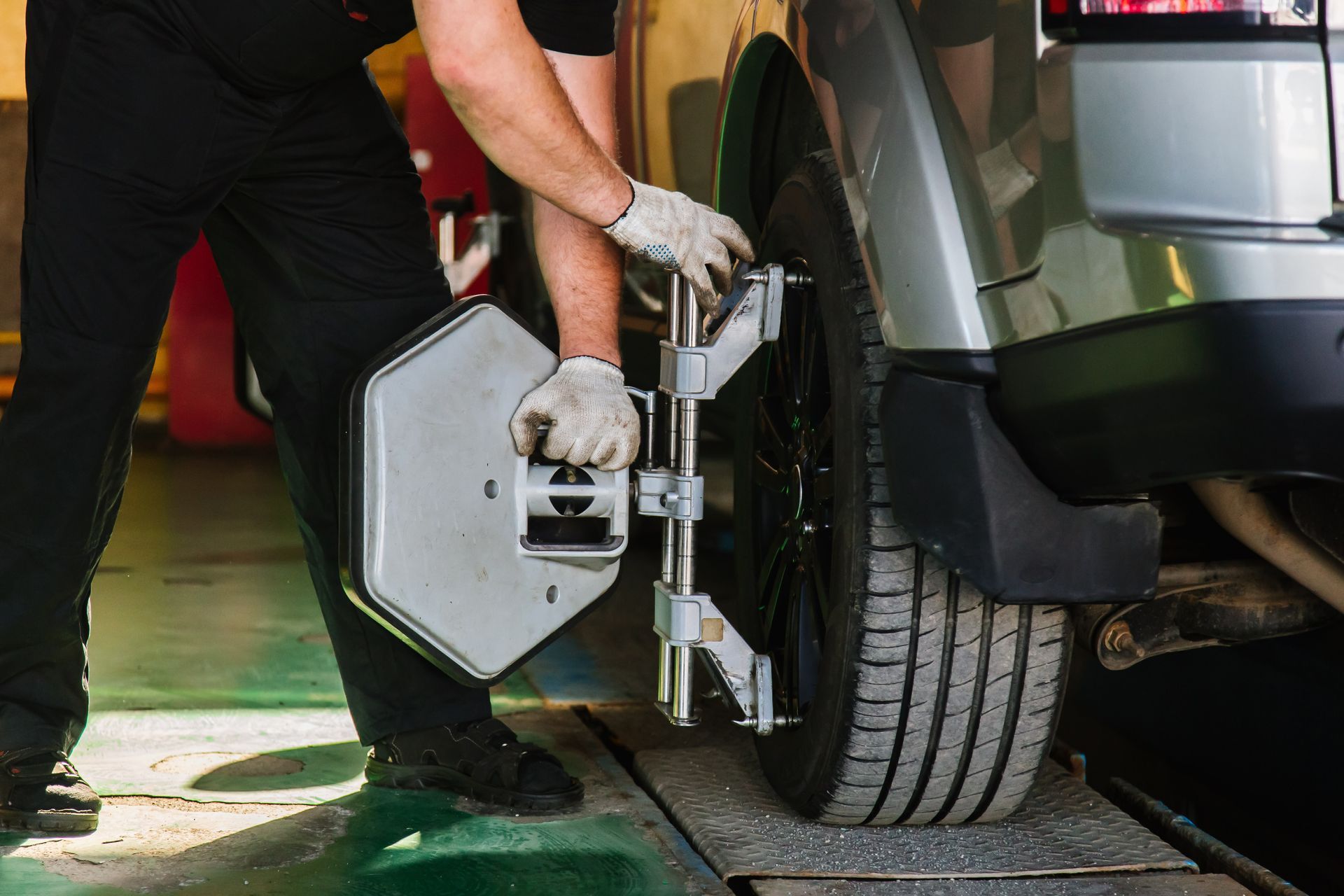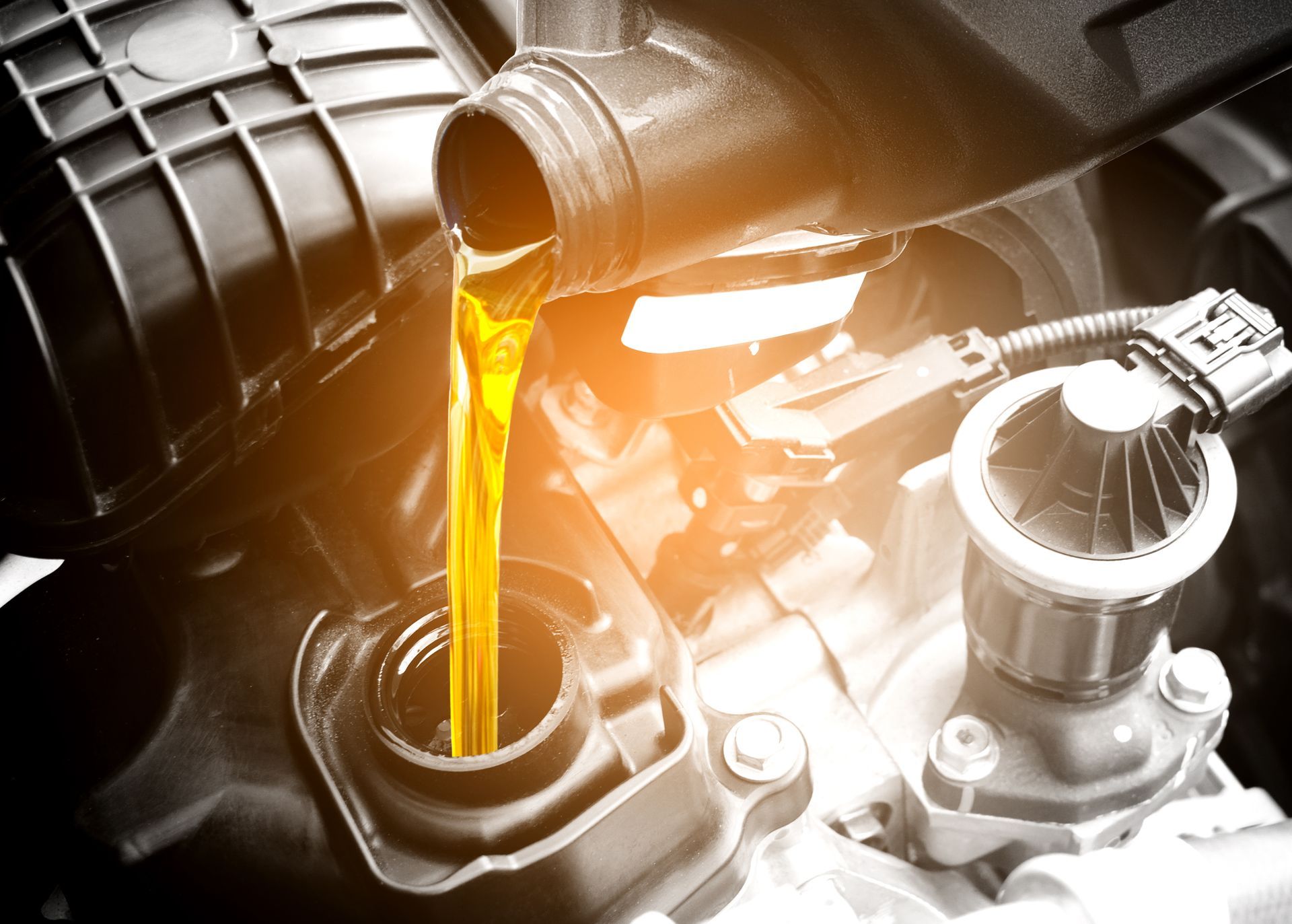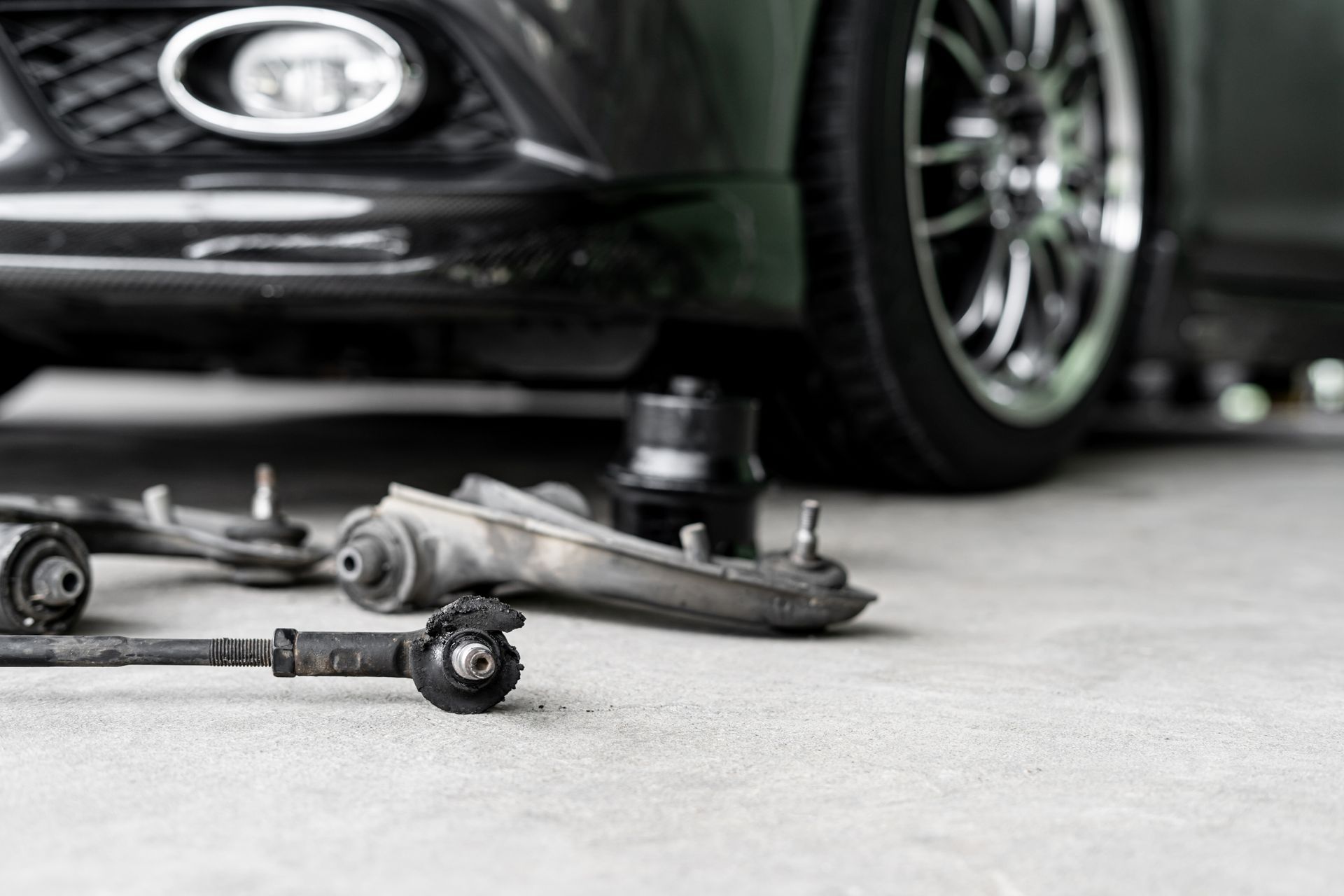How Long Should My Tires Last?
June 16, 2023
Welcome to Advanced Automotive Performance, your trusted auto shop in Uxbridge, MA. When it comes to ensuring optimal performance and safety of your vehicle, one crucial aspect to consider is the lifespan of your tires. Tires play a vital role in maintaining control, stability, and traction on the road. In this article, we'll delve into the factors that influence tire lifespan, provide expert recommendations, and answer the question, "How long should my tires last?"
Factors Affecting Tire Lifespan:
Several factors impact how long your tires will last. Understanding these factors can help you optimize tire longevity and maximize your investment. Here are the key elements to consider:
Driving Habits:
Your driving habits significantly affect tire wear. Aggressive driving, such as hard braking, rapid acceleration, and taking corners at high speeds, can accelerate tire wear. Additionally, driving on rough terrain, pothole-ridden roads, or uneven surfaces can cause premature tire damage.
Maintenance and Care:
Proper maintenance and regular inspections are essential for extending tire lifespan. It includes monitoring tire pressure, rotating tires regularly, and maintaining proper wheel alignment and balancing. Neglecting these maintenance tasks can lead to uneven wear patterns, reducing tire longevity.
Road Conditions:
The condition of the roads you frequently travel on can impact tire lifespan. Rough or poorly maintained roads, along with harsh weather conditions, can lead to increased wear and tear. Frequent encounters with road hazards, such as debris or curbs, may cause tire damage or punctures.
Tire Quality:
The quality and construction of your tires play a crucial role in determining their lifespan. Investing in high-quality tires from reputable manufacturers ensures better durability, improved traction, and resistance to wear. Our team at Advanced Automotive Performance can assist you in selecting the best tires for your vehicle's specific needs.
Determining Tire Wear:
While there isn't a fixed mileage or timeframe for tire replacement, several indicators help determine when it's time to replace your tires. Keep an eye on the following signs of tire wear:
Tread Depth:
Tread depth is a critical factor in tire performance. Measure the depth of the tire grooves using a tread depth gauge. If the tread depth falls below 2/32 of an inch, it's time to replace your tires. To assess this, look for the presence of tread wear indicators (small raised bars) located at the bottom of the tread grooves.
Uneven Tread Wear:
Uneven tread wear indicates misalignment, improper tire inflation, or suspension issues. Inspect your tires regularly for signs of uneven wear, such as more wear on the edges or center of the tire. If uneven wear is detected, consult with our expert technicians to diagnose and resolve the underlying issues.
Cracks, Bulges, and Punctures:
Inspect your tires for any visible signs of damage, such as cracks, bulges, or punctures. These can compromise tire integrity and safety. If you notice any such damage, it is recommended to replace the affected tire(s) promptly.
Age:
Regardless of tread depth or visible wear, tires should be replaced after a certain age. As a general guideline, consider replacing tires that are over six years old, even if they appear to be in good condition. Over time, rubber compounds degrade, compromising tire performance and safety.
Proactive Tips for Extending Tire Lifespan:
To maximize tire lifespan and ensure a safe driving experience, follow these proactive tips:
Regular Tire Inspections:
Inspect your tires at least once a month for signs of wear, damage, or abnormalities. Look for any changes in tread depth, unusual bulges, or cracks. If you notice anything concerning, bring your vehicle to our Uxbridge, MA auto shop for a professional evaluation.
Proper Tire Inflation:
Maintain proper tire inflation based on the manufacturer's recommendations. Underinflated or overinflated tires can lead to uneven wear and decreased fuel efficiency. Check tire pressure regularly, including the spare tire.
Tire Rotation:
Regular tire rotation promotes even wear across all four tires. This practice ensures that tires wear uniformly, extending their overall lifespan. We recommend rotating your tires every 5,000 to 7,500 miles, or as advised by your vehicle's manufacturer.
Wheel Alignment and Balancing:
Misaligned wheels can cause uneven tire wear and affect handling. Have your wheel alignment checked and adjusted as necessary. Additionally, ensure proper wheel balancing to prevent vibration and excessive wear.
At Advanced Automotive Performance in Uxbridge, MA, we understand the importance of maximizing your tire investment while prioritizing safety and performance. By adopting proactive maintenance practices, monitoring tire wear, and seeking professional guidance, you can extend the lifespan of your tires. Remember, our experienced technicians are always here to assist you with tire selection, installation, and maintenance to keep your vehicle running smoothly and safely. Drive with confidence, knowing that your tires are in optimal condition for the road ahead.

Welcome 2024 with resolutions for your vehicle's well-being. Explore our comprehensive guide at Advanced Automotive Performance, Uxbridge, MA, and prioritize your car's maintenance, fluids, tires, brakes, battery, lights, and more. Ensure a smooth and safe journey all year long. Schedule maintenance appointments today for a worry-free 2024 on the road.

Winter driving can be unpredictable, but with the right preparation, you can minimize risks and enjoy your journeys. Whether you're heading out for holiday shopping or embarking on a festive road trip, ensuring your vehicle is winter-ready is crucial. At Advanced Automotive Performance and Mango Automotive, we're here to assist you every step of the way. Drive safe, stay prepared, and enjoy the winter season with confidence.
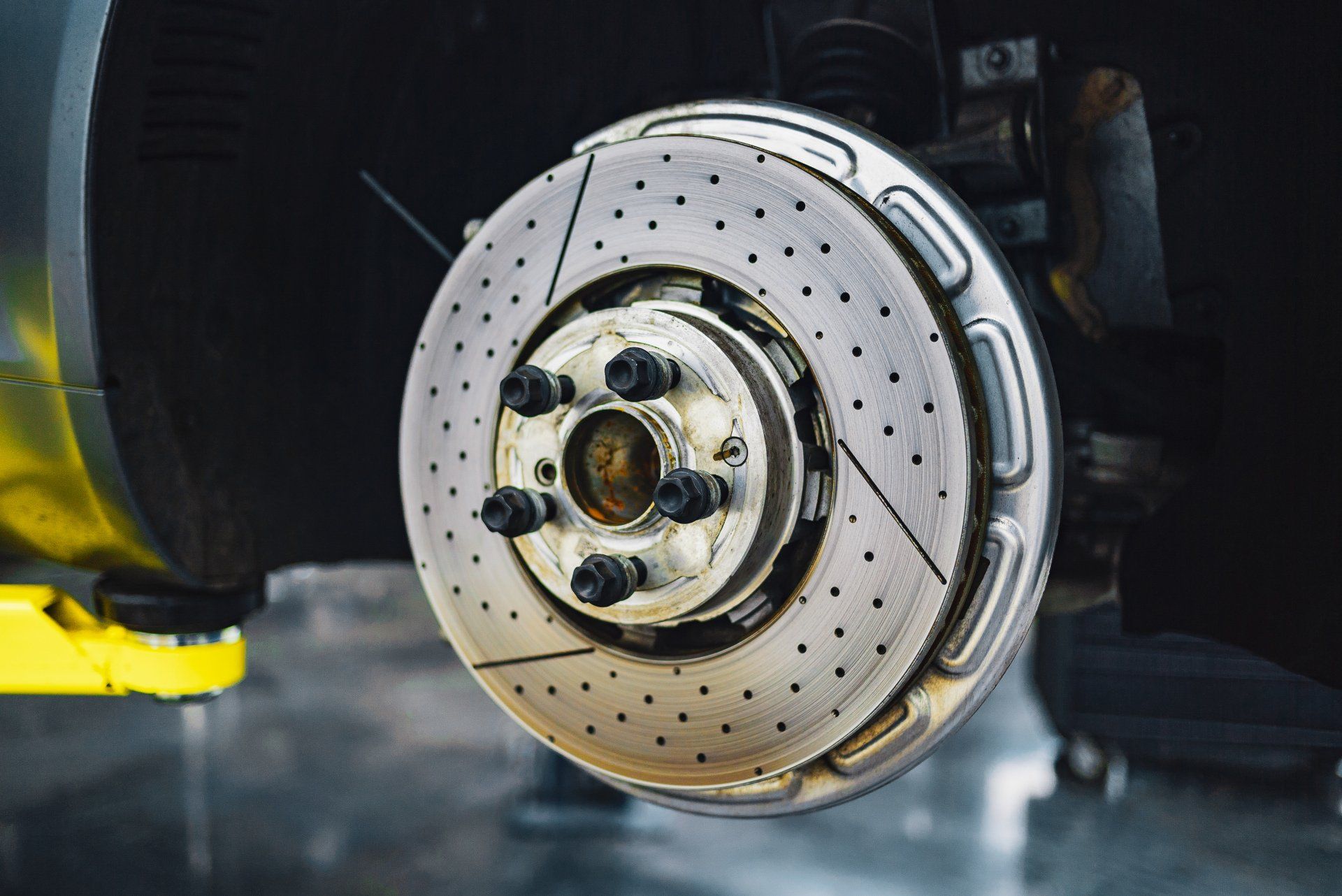
Trust Advanced Automotive Performance in picturesque Uxbridge, MA, for top-notch brake services. Our expert technicians ensure your safety with comprehensive brake inspections, pad replacements, rotor services, and more. Experience excellence, transparency, and convenience. Schedule your brake service today!


